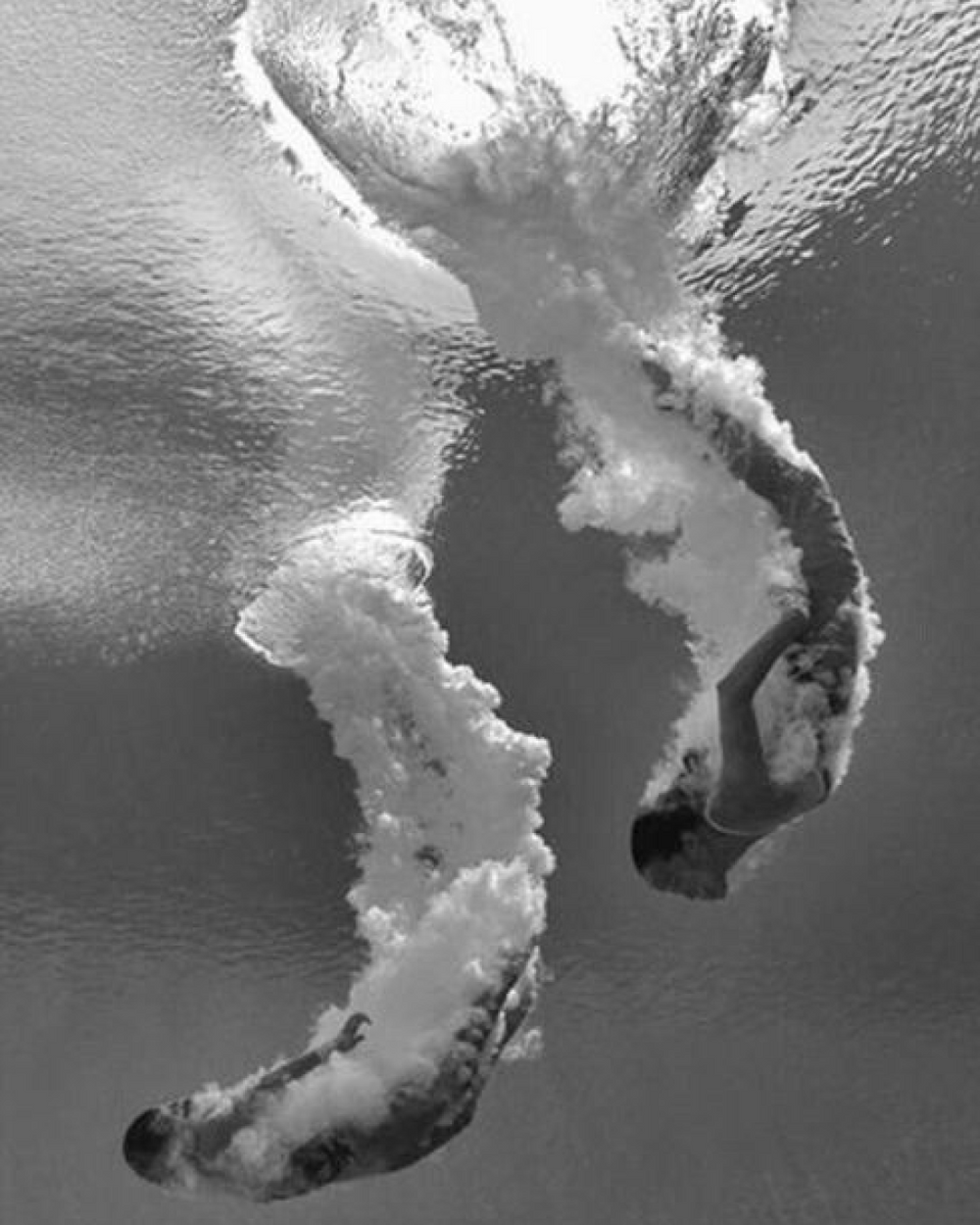
Here Is How To Be More Focused
Not too long ago, a problem emerged that was increasingly hard to ignore - excessive screen time. During college, the habit of mindless scrolling became all too familiar. It became evident that this behavior was problematic when TV shows or books couldn't be enjoyed without constantly checking the phone. Addressing this issue meant deleting several social media platforms that had become major distractions. The addictive nature of infinite scrolling was undeniable, and it took a wake-up call from weekly screen time notifications to prompt a reassessment of time usage.
Around the same time, a concerted effort to reduce social media usage began, coupled with a mindfulness about daily activities. Breaking the cycle of procrastination and regaining focus became a priority. Here are some strategies implemented, though it's important to consult a medical professional before making lifestyle changes.
-
Stay Hydrated: Starting with the basics, staying hydrated is a simple yet crucial lifestyle change. Even slight dehydration can significantly impact cognitive function, hindering focus and concentration. Following Dr. Dhru Purohit's advice, beginning the day with 16 ounces of water mixed with lemon and a pinch of salt replenishes electrolytes. Aim to consume 32 ounces of water within the first hour of waking up, before morning coffee. Trying this for a week may reveal improvements in concentration levels.
-
Make Time to Unfocus: While counterintuitive, allowing the mind to unfocus can optimize brain function. Unfocusing activates a brain circuit that consumes more energy than focusing, as the brain remains highly active during this state, revisiting memories and toggling between ideas. Taking breaks to unfocus can help refresh the brain and preserve focus when needed.
-
Implement New Work Habits: Research suggests the body operates on 90-minute cycles, similar to REM sleep cycles. Setting aside focused work sessions of 90 minutes followed by a 20-minute break aligns with these natural rhythms. After 90 minutes, concentration tends to decline, so breaking work into these sessions can make it easier to




